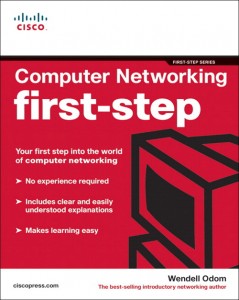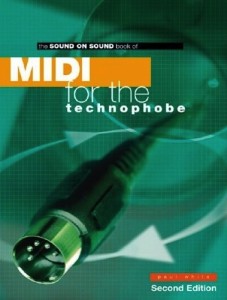You can find manuals for the grandMA Consoles from their website here:
![]()
IATSE Local 470 in Appleton, WI has some great resources at their website. Here is one every new electrician could use.
Here are the OSHA rules for fall protection. Yes, they apply to the theater.
Thanks to Brian Sickels for pointing this out at The Stagecraft and Entertainment Rigging Forum on Facebook.
MIT has a great offer for you. How about everything they use for their classes online for free? This is MIT Open Courseware. From their site:
MIT OpenCourseWare (OCW) is a web-based publication of virtually all MIT course content. OCW is open and available to the world and is a permanent MIT activity.
And yes, they do teach theater classes. Their Theatrical Design area has a wealth of knowledge:
That is a wealth of knowledge from a major school. All for free. If there is anything there that interests you, make sure to take a look. You owe it to yourself to do so.
And if you want to search the MIT OpenCourseWare site for more class resources that you might be interested in, go here.
Do you want to learn more about Digico consoles? Of course you do. Check out Digico.tv for tutorials and training vids.
I just signed up for a free course from Coursera called Introduction to Digital Sound Design from Emory University. Coursera is a site offering free classes from universities around the world. The Introduction to Digital Sound Design course offers a certificate at the end.
There aren’t a ton of classes of interest to the field of stagecraft, but there might be other things you might be interested in. Digital audio is going to have more impact on sound people as more digital audio desks go out, and people start running fiber and digital lines from backstage to FOH. Get on board now.
You can find the digital audio course here.
This video was sent in by Greg Vinci from Local 48. No, it is not short, but you can’t learn everything in a ten minute video.
http://www.youtube.com/watch?v=Y0fPb448dlc
If you have something you would like to contribute, please let me know. The contact form above is the best way to get in contact with me.
This was sent in by Rick Moore from Local 470. Holy cow, a user submission, almost like a real site!
This is Rigging Math (made simple). By
Delbert L. Hall, Ph.D.
ETCP Certified Rigger
ETCP Recognized Trainer
I have yet to go though it, but it’s too good a resource not to post. And I am not (yet) a rigger. Soon, maybe.
 I am not sure how to categorize this, since it’s relevant to electrics, sound, automation, and more. So I’m just sticking it in the book club area, and know that it’s important in many aspects of the our industry.
I am not sure how to categorize this, since it’s relevant to electrics, sound, automation, and more. So I’m just sticking it in the book club area, and know that it’s important in many aspects of the our industry.
We are seeing more and more gear networked together, and knowing how networks… um, work, is going to be a skill we don’t just want to have in our back pockets, but need. As in NEED. Most of radio broadcasting, at least those broadcasters with a little money, are all moving over to Audio over IP, and we aren’t far behind. Digital consoles are being networked together, and DMX nodes are nothing new.
A fundamental knowledge of networking and TCP/IP can help you more than just in the world of stagecraft.
I’m just about done with Computer Networking First-Step by Wendell Odom. It’s been great, even if it’s a little heavy on the metaphor. It explains how networks talk, the main components, and how the layers and protocols work together. No previous knowledge required.
(as posted on a previous Book Club entry, the link above is to Amazon.com, but it is not an affiliate link. I do not earn any money off the sales of any books through that link. As nice as that would be, Colorado is not eligible for Amazon affiliate programs. There, you have been fully disclosed to.)
 MIDI (Musical Instrument Digital Interface) isn’t just for synths any more. It’s not as fast or wonderful as ethernet, or a number of other protocols out there, but it’s still in use. Even if it’s simply tying lighting consoles together, there are plenty of uses for MIDI in the theater.
MIDI (Musical Instrument Digital Interface) isn’t just for synths any more. It’s not as fast or wonderful as ethernet, or a number of other protocols out there, but it’s still in use. Even if it’s simply tying lighting consoles together, there are plenty of uses for MIDI in the theater.
I learned the basics of MIDI from the book, MIDI for the Technophobe by Paul White. It is fairly basic, and it’s been around a long time, but MIDI hasn’t changed much in the years since it’s been around. It’s a fast read, and worth your time.
And if you are a book type learner, and you are interested in sound, I recommend any of the audio books written by Paul White from Sound on Sound Magazine. His style makes it easy to understand what he’s talking about.
(the link above is to Amazon.com, but it is not an affiliate link. I do not earn any money off the sales of any books through that link. As nice as that would be, Colorado is not eligible for Amazon affiliate programs. There, you have been fully disclosed to.)